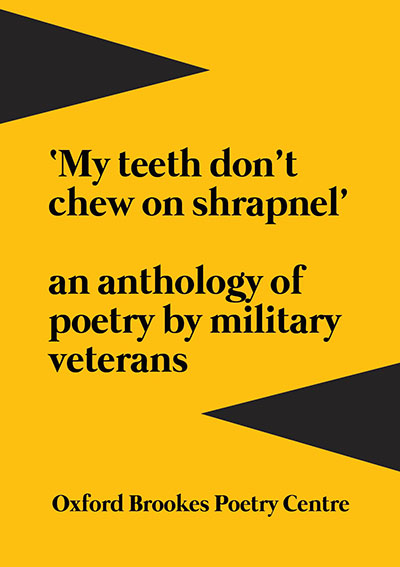In 2019, Oxford Brookes Poetry Centre began a series of poetry workshops for US and UK military veterans. Drawing on the expertise of the Poetry Centre – a home for research into poetry and advocacy of its value in society – these workshops, designed and led by poets, veterans and academics, seek to explore how poetry can enable veterans to think through their experiences. In particular, they consider:
- how poetry might be read and used by military veterans
- how far 'war poetry' represents – or fails to represent – military service
- how poetry can help to bridge the military/civilian divide
- the role that poetry can play in post-war commemorative events.

